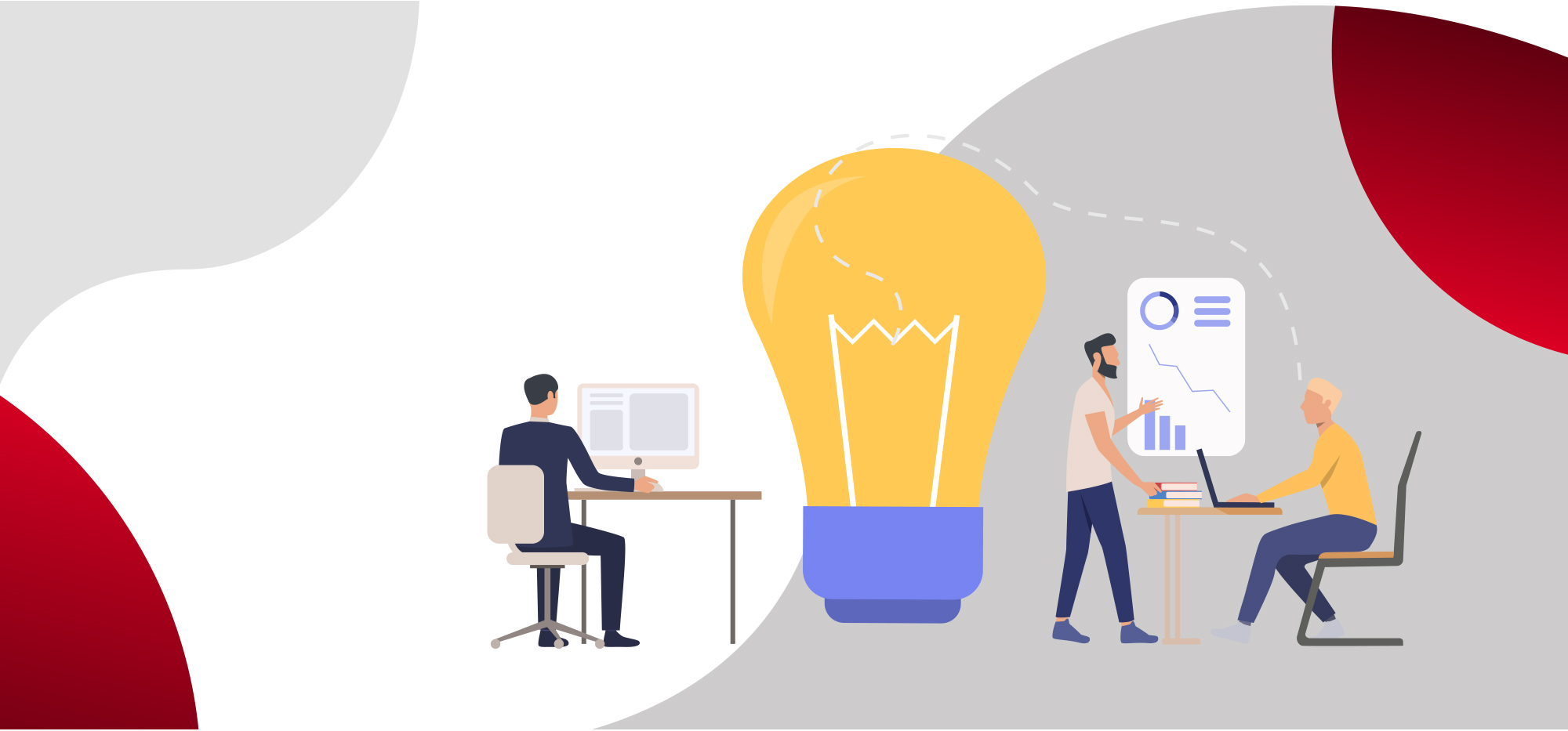The time has come to re-platform the knowledge worker
Marshall McLuhan, an eminent Canadian philosopher of communication theory, once said: “We become what we behold. We shape our tools, and thereafter our tools shape us.” If we apply this to the enterprise, then we see that over time, the tools used by the workforce shape the processes and products of the organisations that employ them, and hence why having an up-to-date, digital workplace is important for business innovation and market progress.
Having a progressive end-user computing, communication, and collaboration strategy is a key enabler of employee engagement and a driver of enterprise productivity, with the execution of this strategy inextricably linked to customer satisfaction and business success. High-performing organisations pay close attention to all aspects of the employee workspace – both physical and digital – recognising that a well-equipped, well-trained, and well-orchestrated workforce is more productive and more efficient than one that is not.
The power and capabilities of new end-user computing devices, the applications they run, and the services they connect to continue to increase the digital transformation potential of business information and communication technologies. As these technologies transition into the mainstream, CIOs and IT departments are engaging with their business colleagues to rethink the notion of the digital workspace, and with it the physical workplace too. But with so many directions and offerings to choose from, and with that choice changing all the time, being decisive becomes increasingly more difficult.
It is 50 years since management consultant guru Peter Drucker introduced the term “knowledge workers.” In many large enterprises, these employees are typically engaged in “white-collar” sales and general admin processes, and now account for well over 80% of salary costs. It is vital, therefore, that organisations design a future way of working that maintains employee engagement and promotes productive, efficient ways of working; without this, output will fall, costs will rise, and a business’s growth will stall.
[ninja_form id=23]


